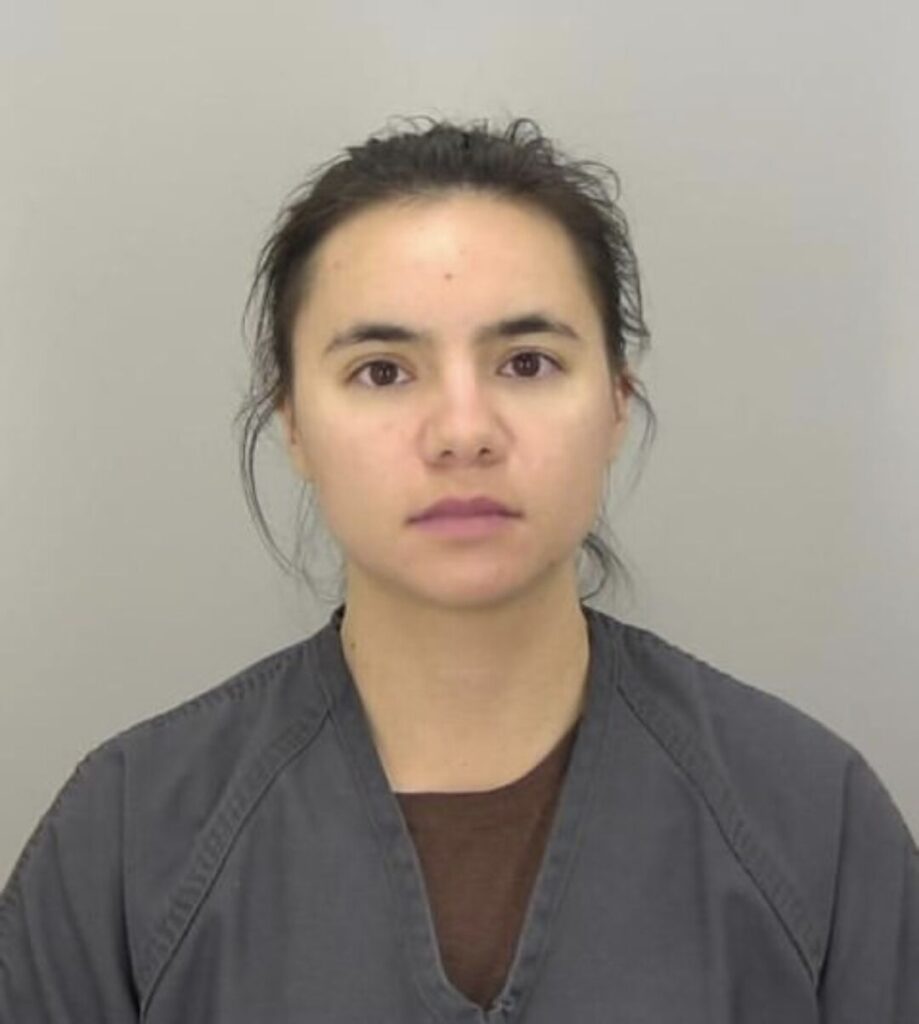Federal judge forges ahead in hearing challenge to new Colorado abortion law

Even though Colorado’s attorney general and multiple regulatory boards have promised they will not immediately enforce a new state law against “abortion-reversal” medication, a federal judge will still hold a hearing Monday morning on whether to extend his own narrow injunction against the law.
Last Saturday, U.S. District Court Judge Daniel D. Domenico turned down an emergency request from Englewood-based Bella Health and Wellness to categorically block Senate Bill 190, a newly-enacted measure that, among other things, deems it a professional violation for licensed providers to dispense drugs intended to halt a medication-induced abortion. Instead, Domenico issued an order preventing the state from enforcing SB 190 only against Bella Health and only for 14 days.
At the same time, Domenico set a hearing for April 24, directing the government to show why he should not hand down a longer-term preliminary injunction against SB 190 while Bella Health’s lawsuit unfolds.
In response, the Colorado Attorney General’s Office pointed out that when the U.S. Supreme Court decided Dobbs v. Jackson Women’s Health Organization last summer, which removed longstanding federal protections for abortion rights, the court’s conservative majority represented that it was returning the issue of abortion access to “the people’s elected representatives.”
“The Colorado legislature has seized that opportunity,” wrote the attorney general’s office in arguing Domenico should abstain from interfering with SB 190’s provisions.
Bella Health, a Catholic medical provider, filed suit against the state almost immediately after Gov. Jared Polis signed the Democratic-backed measure into law. The case was assigned at random to Domenico, the only Donald Trump appointee on Colorado’s federal trial court.
The clinic told the judge it is currently providing abortion-reversal treatment to multiple patients. When a pregnant person takes medication to induce an abortion, Bella Health prescribes progesterone between the first and second steps of the medication abortion to purportedly reverse or nullify the process.
The American College of Obstetricians and Gynecologists has concluded such treatments are “not based on science and do not meet clinical standards.” Supporters of “abortion reversal” insist it is safe, that taking the “reversal” pill does not result in side effects for either baby or mother and that children born after taking the medication are healthy and strong.
Under SB 190, Bella Health would be subject to discipline for providing its treatment unless the state’s medical, pharmacy and nursing boards deem the practice acceptable after all.
The government told Domenico that soon after his temporary restraining order, the Colorado Medical Board and Colorado Board of Nursing unanimously voted not to enforce the professional conduct provisions of SB 190 until the rulemaking process runs its course later this year. Under the attorney general’s reasoning, Bella Health no longer has standing to challenge the law because there is no credible threat it will face consequences for prescribing progesterone in the near term.
“The rulemaking process will permit the boards to hear from interested stakeholders, medical and scientific experts, patients, and others on the efficacy of abortion reversal treatments in a wide array of settings,” the government wrote on April 20.
But on Friday, Bella Health pointed out the attorney general’s office had failed to address the clinic’s arguments that SB 190 violates its First Amendment right to exercise its religious beliefs and its patients’ rights to receive medical treatment.
Bella Health also raised another area of contention. SB 190 contains a legislative declaration that advertising or providing abortion reversal medication is a “deceptive trade practice” under the Colorado Consumer Protection Act. The clinic claimed that portion of SB 190 unconstitutionally infringes on its freedom of speech by deterring it from publicizing its services.
The attorney general’s office insisted the legislative declaration is not part of the law itself and, consequently, cannot be enforced.
Domenico ordered the parties on Friday to submit their evidence by Monday morning. His original temporary restraining order noted Bella Health’s allegations suggested a credible violation of its First Amendment rights, but, on the other hand, Colorado and its residents “certainly have an interest in preventing deceptive trade practices and provision of medical treatments that are outside generally accepted standards of practice.”
According to one estimate, medication abortions account for more than half of all abortions nationally. The first drug in the two-step process, mifepristone, was recently the subject of dueling federal rulings challenging the legality of its approval. The Supreme Court has since stepped in and ordered continued access to mifepristone while the litigation continues in the lower courts.
The case is Bella Health and Wellness et al. v. Weiser et al.














